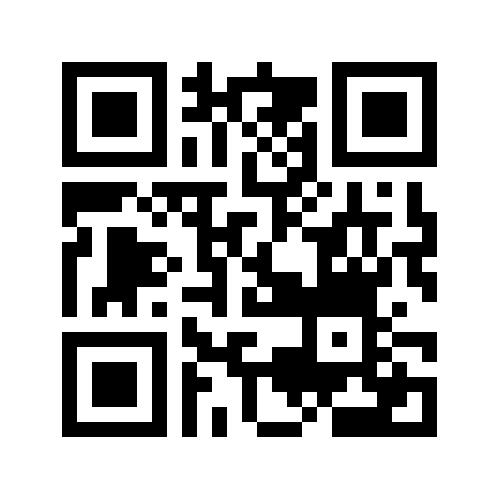"How do authoritarian regimes deal with pressure from the international community? China's leaders have been subject to decades of international attention, condemnation, resolutions, boycotts, and sanctions over their treatment of human rights. We assumethat hearing about all this pressure will make the public more concerned about human rights, and so regimes like the Chinese Communist Party should do what they can to prevent this from happening. In Hostile Forces, Jamie Gruffydd-Jones argues that whileinternational pressure may indeed embarrass authoritarian leaders on the international stage, it may, in fact, benefit them at home. The targets of human rights pressure, regimes like the Communist Party, are not merely passive recipients, but actors whocan proactively shape and deploy that pressure for their own advantage. Taking us through an exploration of the history of the Communist Party's reactions to foreign pressure, from condemnation of Mao's crackdowns in Tibet to outrage at the outbreak of COVID-19, analysis of a novel database drawn from state media archives, as well as multiple survey experiments and hundreds of interviews, Gruffydd-Jones shows that the CCP uses the most 'hostile' pressure strategically - and successfully - to push citizens to view human rights in terms of international geopolitics rather than domestic injustice, and reduce their support for change. The book shines a light on how regimes have learnt to manage, manipulate, and resist foreign pressure on their human rights, and illustrates how support for authoritarian and nationalist policies might grow in the face of a liberal international system"--
How do authoritarian regimes deal with pressure from the international community? China's leaders have been subject to decades of international attention, condemnation, resolutions, boycotts, and sanctions over their treatment of human rights. We assume that hearing about all this pressure will make the public more concerned about human rights, and so regimes like the Chinese Communist Party (CCP) should do what they can to prevent this from happening. In Hostile Forces, Jamie Gruffydd-Jones argues that while international pressure may indeed embarrass authoritarian leaders on the international stage, it may, in fact, benefit them at home. The targets of human rights pressure, regimes like the Communist Party, are not merely passive recipients, but actors who can proactively shape and deploy that pressure for their own advantage. Taking us through an exploration of the history of the Communist Party's reactions to foreign pressure, from condemnation of Mao's crackdowns in Tibet to outrage at the outbreak of COVID-19, analysis of a novel database drawn from state media archives, as well as multiple survey experiments and hundreds of interviews, Gruffydd-Jones shows that the CCP uses the most 'hostile' pressure strategically - and successfully - to push citizens to view human rights in terms of international geopolitics rather than domestic injustice, and reduce their support for change. The book shines a light on how regimes have learnt to manage, manipulate, and resist foreign pressure on their human rights, and illustrates how support for authoritarian and nationalist policies might grow in the face of a liberal international system.






